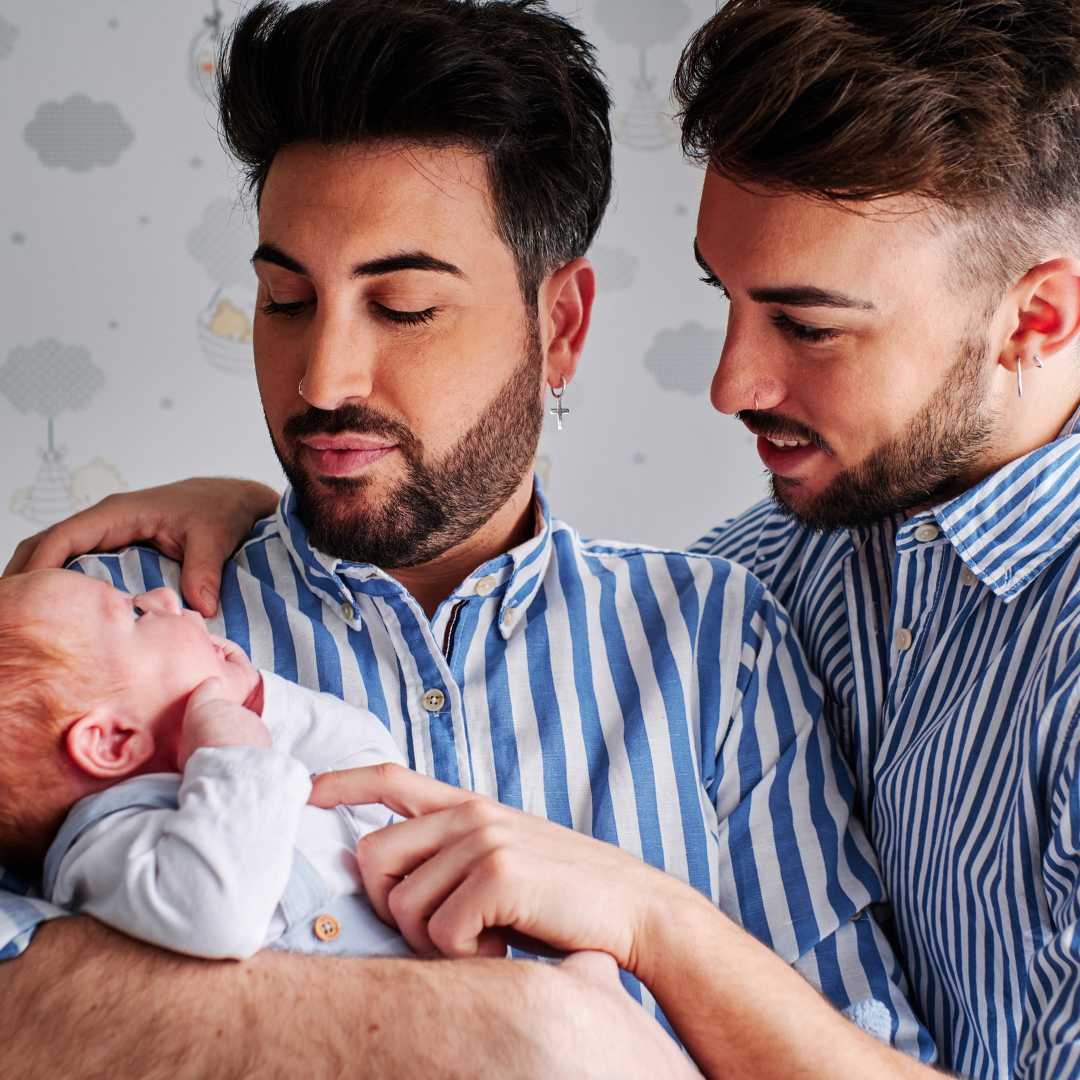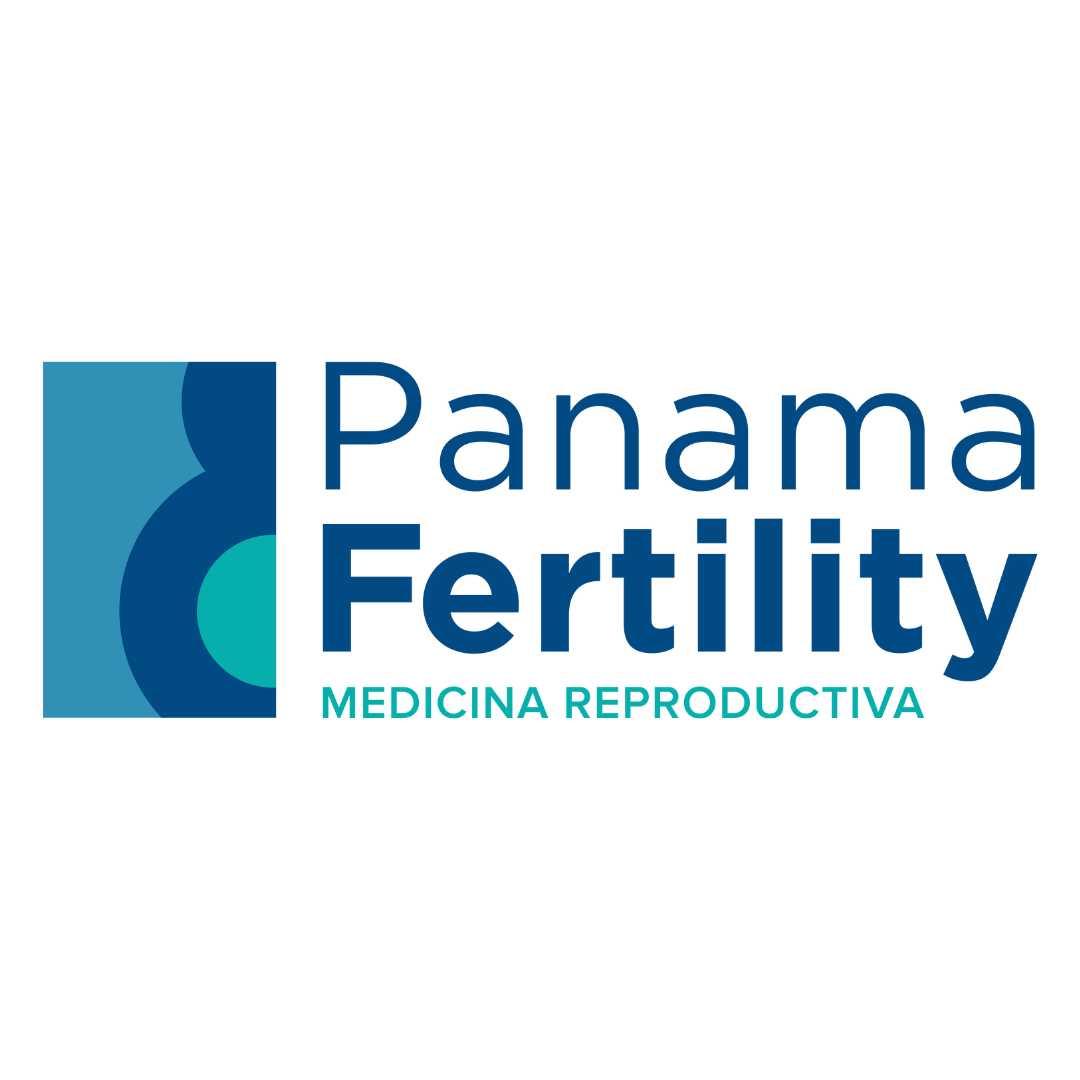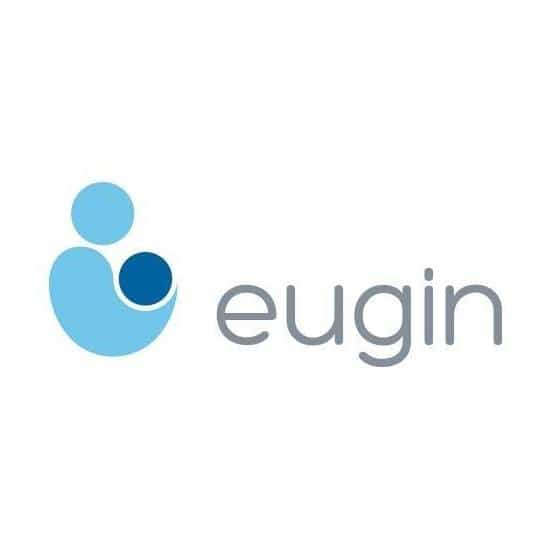Preserve Your Fertility: Egg Freezing in Panama Made Easy
Secure Your Future with Egg Freezing Treatment in Panama
Egg freezing has become a powerful tool for women who want to preserve their fertility for future use. This option allows women to delay pregnancy while keeping the door open for later motherhood. In this article, we’ll explore the process, benefits, costs, and considerations of egg freezing and why it's a smart fertility treatment option for the future.
Why Consider Egg Freezing?
Egg freezing has emerged as an essential fertility treatment for women who aren’t ready for motherhood but still want to preserve their ability to conceive in the future. Whether you’re focusing on your career, personal development, or simply haven’t met the right partner yet, egg freezing offers a way to preserve your fertility for later use.
As women age, their egg quality and quantity naturally decline, making it more challenging to conceive. Freezing eggs at a younger age ensures that you still have high-quality eggs to use when you’re ready to have children, thus buying you valuable time. With egg freezing, women can manage their reproductive health on their terms, rather than feeling pressured by biological timelines.
The Egg Freezing Process: Step-by-Step Guide
So, how does the egg freezing process actually work? The procedure involves several key steps, each designed to maximize the chances of collecting healthy eggs for future use.
1. Initial Consultation
The journey starts with a consultation at a fertility clinic where you’ll meet with an expert to discuss your health history and fertility goals. Your fertility specialist will evaluate your ovarian reserve, using tests like an ultrasound and bloodwork to determine how many eggs you have and the best approach for you.
2. Ovarian Stimulation
Next, the process of ovarian stimulation begins. You’ll be prescribed hormone injections to stimulate your ovaries to produce multiple eggs in one cycle. This typically lasts for about 10-14 days. Regular monitoring through ultrasounds and blood tests ensures your ovaries are responding as expected.
3. Egg Retrieval
Once the eggs have matured, they are retrieved from the ovaries in a procedure known as aspiration. This is done under sedation, and the eggs are carefully removed using a thin needle inserted into the ovaries. The process takes about 20-30 minutes and is generally well-tolerated.
4. Freezing and Storage
The retrieved eggs are then frozen and stored in a special facility until you decide to use them. Eggs can be stored for many years, offering flexibility for future pregnancy plans.
The Benefits of Egg Freezing: Why It’s Worth Considering
Egg freezing isn’t just about delaying pregnancy—it’s about giving women the freedom to plan their future. Here are some key benefits of this fertility option:
- Flexibility: Egg freezing allows women to delay pregnancy until they are ready. Whether it’s for career development or waiting for the right partner, it gives you control over your reproductive timeline.
- Preserving Fertility: For women facing fertility challenges or those who simply want to safeguard their fertility for the future, egg freezing offers a way to preserve viable eggs for later use.
- Success Stories: Women in Panama and worldwide have had success with egg freezing, going on to conceive using their frozen eggs. This procedure has allowed many to extend their fertility window without the fear of running out of time.
The Costs and Considerations of Egg Freezing
The decision to freeze your eggs is not one to be taken lightly, and cost is an important factor to consider.
Cost Breakdown
The cost of egg freezing varies depending on the clinic, location, and your specific needs. On average, the entire process can range from $5,000 to $10,000 per cycle, which includes ovarian stimulation, egg retrieval, and freezing. Storage fees are additional, and typically cost around $500 to $1,000 per year.
Hidden Costs
While the initial freezing process is a significant investment, there are also potential future costs. If you decide to use your frozen eggs for IVF later, you will need to pay for the fertilization and embryo transfer process. This adds another $3,000 to $5,000 to the overall cost.
Insurance and Financial Support
It’s important to check if your health insurance covers fertility treatments like egg freezing, as many policies do not. However, fertility clinics often offer financing options to make the procedure more accessible.
Challenges and Risks Involved in Egg Freezing
While egg freezing is a great way to preserve fertility, it’s not without its challenges and risks.
Physical Risks
The most common risks associated with egg freezing are related to the ovarian stimulation process. This can cause side effects like bloating, mood swings, and ovarian hyperstimulation syndrome (OHSS), though the latter is rare. Egg retrieval is generally a low-risk procedure, but as with any medical procedure, there are risks involved.
Emotional Considerations
Undergoing egg freezing can be emotionally challenging. The decision to delay motherhood may come with a mix of excitement and anxiety about future possibilities. It’s essential to seek emotional support from a counselor or fertility expert to help manage any emotional stress that may arise.
Success Rates
Success rates for egg freezing depend on a variety of factors, including the age at the time of freezing and the number of eggs retrieved. Women who freeze their eggs in their 20s or early 30s tend to have the highest success rates when using frozen eggs in the future.
Pro Tips: How to Maximize the Benefits of Egg Freezing in 2025
Here are some tips to ensure you get the best possible results from your egg freezing journey:
- Tip 1: Consider freezing eggs earlier in your life. The earlier you freeze your eggs, the higher the chances of success. Women under 35 typically have better outcomes.
- Tip 2: Prepare for the physical and emotional aspects of the process. Understand the time commitment and potential side effects, and be ready for the emotional journey ahead.
- Tip 3: Choose a reputable fertility clinic. Research clinics with high success rates and experienced fertility specialists. PlacidWay can help you find trusted providers who specialize in egg freezing.
Frequently Asked Questions
1. How long can frozen eggs be stored before they are used?
Frozen eggs can be stored indefinitely, and many women choose to store them for 5-10 years or longer. During this time, the eggs remain viable for future fertilization. The technology used in egg freezing ensures that the eggs stay in a preserved state, ready to be used whenever the woman decides to start a family, without any significant decrease in quality.
2. Is the egg freezing process painful?
The egg freezing process is minimally invasive, and while you may experience mild discomfort from ovarian stimulation, the retrieval procedure itself is usually performed under sedation. This means that most women feel little to no pain during the actual egg extraction. Some may experience mild cramping or bloating during the stimulation phase, but these symptoms typically resolve after a few days.
3. What are the success rates of egg freezing in Panama?
Success rates for egg freezing depend largely on the woman’s age at the time of freezing. Women who freeze their eggs in their late 20s or early 30s generally have higher success rates when using those eggs for conception. In Panama, many women have successfully conceived using their frozen eggs, and fertility clinics there offer advanced techniques to ensure the best possible outcomes for patients.
4. What happens if I change my mind and don’t use my frozen eggs?
If you decide not to use your frozen eggs, most clinics provide several options, including discarding the eggs or donating them to other patients. Some women choose to keep their eggs stored indefinitely in case they want to use them later, as long as they continue paying the storage fees. The decision is entirely up to the individual, and clinics ensure that all options are clearly explained.
5. Can I undergo egg freezing if I have existing fertility issues?
Yes, egg freezing is still a viable option for women with fertility challenges. However, the success of egg freezing may depend on the specific fertility issues, as some conditions may affect the quality or quantity of eggs produced. It’s important to consult with a fertility specialist who can evaluate your condition and provide personalized guidance on the best approach for preserving your fertility.
6. Does egg freezing guarantee I will get pregnant later?
Egg freezing doesn’t guarantee pregnancy, as success depends on various factors such as the age of the woman when the eggs were frozen, the quality of the eggs, and how well they fertilize when used. While egg freezing is a great option for preserving fertility, it’s important to understand that successful pregnancy outcomes are not guaranteed, and multiple attempts may be necessary for conception.
How PlacidWay Can Help You With Egg Freezing
At PlacidWay, we’re dedicated to helping you navigate your fertility journey. We connect you with trusted fertility clinics worldwide, including in Panama, ensuring that you receive expert care throughout the egg freezing process. Whether you're just starting to explore your options or are ready to take the next step, PlacidWay is here to guide you with personalized support, affordable options, and access to top fertility specialists.
Egg Freezing in Panama: A Smart Choice for Your Future











